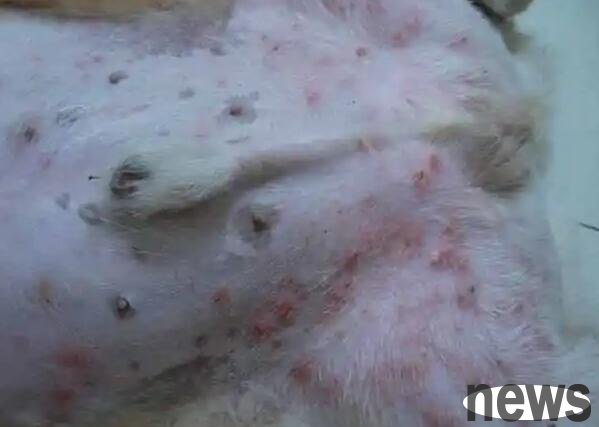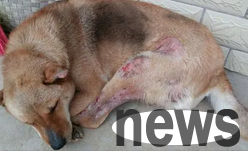What should I do if my dog’s skin is itchy? What is the reason? Canine skin itching is a type of neurodermatitis. Its clinical feature is that the skin itching occurs and the dog scratches it continuously. 1. Causes of pruritus in canine skin: 1. Th...
What should I do if my dog’s skin is itchy? What is the reason? Canine skin itching is a type of neurodermatitis. Its clinical feature is that the skin itching occurs and the dog scratches it continuously.
1. Causes of pruritus in canine skin:
1. This disease can be caused by a variety of causes, mainly histamine, acetylcholine, glycine, arginine, bile acid, etc.

2. Certain diseases such as jaundice, uremia, diabetes, endocrine disorders, gastrointestinal dysfunction, vitamin A, vitamin B, vitamin C deficiency, canine distemper, malignant tumors, neurological diseases and intestinal parasites, etc.
2. Key points for diagnosis of pruritus in canine skin:
1. Generalized: The initial itch occurs locally and gradually affects the whole body, mostly caused by underlying diseases. Pay attention to the course of the disease. In addition to itching, other systemic symptoms should be found.

2. Limitations: Local itching is common in the anus, external auditory canal, etc., which damages the skin due to itching, and secondary dermatitis. Some of them show elbow, pigmentation and eczema-like changes. Some severe itching can bite the tail or even bite the muscles of the limbs.
3. Prevention and treatment measures for pruritus in dogs:
1. Try to find out potential diseases and treat their diseased dogs. This is the fundamental treatment method.
2. Adrenal corticosteroids, such as prednisone 0.5-2 mg/kg body weight or dexamethasone 0.15-0.25 mg/kg body weight, intramuscular injection, oral or topical use.
3. Antihistamine drug, diphenhydramine 5-20 mg intramuscular injection.
4. If it is severely itchy, you can inject local anesthetic or local ointment, and use 0.5%~10% osmus and dahe cream to apply externally and rub it.